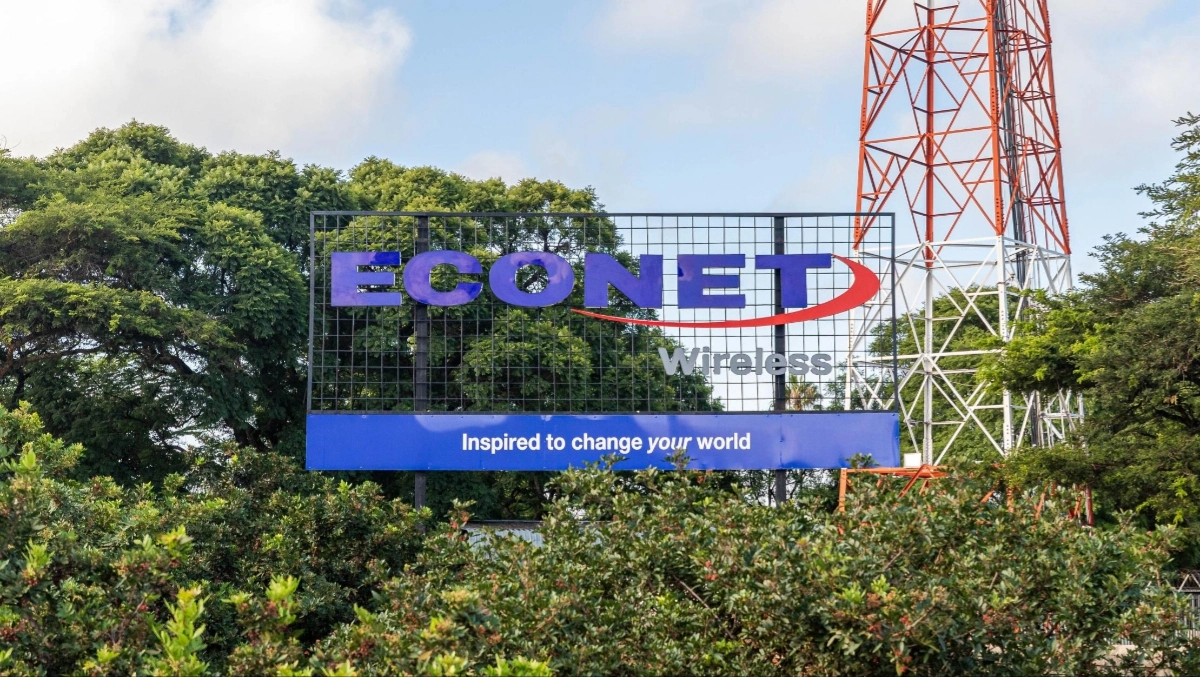Econet records 44pc surge in voice calls

Econet Wireless Zimbabwe has reported a significant 44 percent year-on-year increase in voice call volumes for the quarter ended May 31, 2025, challenging telecommunications industry assumptions about the decline of traditional services.
This substantial growth occurred alongside a more-than-doubling of data traffic, according to the company’s quarterly trading update released this week.
The 44 percent surge in voice volumes presents a counter-narrative to the sector’s predominant focus on data-driven futures.
Econet’s trading statement indicated the increase reflects “sustained demand for connectivity” occurring parallel to the expansion of its digital ecosystem.
While the company explicitly acknowledged data’s strategic importance in the telecommunications industry’s future, this performance demonstrates voice telephone’s enduring relevance within Zimbabwe’s evolving market context.
The growth underscores a landscape where fundamental connectivity services continue to generate substantial demand alongside advanced digital offerings.
The telecommunications group simultaneously announced a major overhaul of its “Kancane Kancane” smartphone financing programme, eliminating deposit requirements and extending maximum repayment terms to 24 months to address persistent affordability barriers.
Citing 2024 data from the Postal and Telecommunications Regulatory Authority of Zimbabwe (POTRAZ), indicating smartphone penetration remained at just 55 percent, Econet implemented sweeping changes to its device financing initiative.
The company has extended repayment terms from the previous maximum of three months to flexible options spanning six, twelve, eighteen, or twenty-four months. Crucially, the requirement for an initial deposit has been eliminated, substantially reducing the entry barrier.
“We’re giving customers the chance to step into the digital world without high upfront costs,” the company stated, positioning the initiative as critical for national digital inclusion.
This strategic expansion coincides with the increasing migration of essential services like mobile banking, e-learning platforms, online shopping, telehealth, and remote work to digital channels.
Supporting its service delivery, Econet continued its network infrastructure rollout during the quarter.
The company deployed 10 lightweight, cost-effective base stations specifically targeting underserved rural communities, commissioned 20 new sites, and expanded its 5G footprint by an additional one hundred locations across the country.
Group inflation-adjusted revenue maintained steady performance year-on-year, driven by volume increases across both its Mobile Network Operations (MNO) and Financial Technology (FinTech) divisions.
Within FinTech, EcoCash transaction volumes grew by 27 percent, underpinned by a substantial 110 percent increase in wallet funding.
The company’s insurance subsidiaries reported significant expansion: EcoSure (life insurance) recorded a 43 percent increase in policies, Moovah (short-term insurance) saw policyholders grow by 69 percent, and Maisha (medical aid) registered a 92 percent rise in membership compared to the same quarter last year.
Demonstrating confidence and commitment to shareholders, the Board declared and paid an interim dividend of 0,63 US cents per share.
In the outlook, Econet expressed continued confidence in the growth trajectory of both its mobile and financial technology segments.
The MNO business expects sustained momentum from ongoing data consumption increases, subscriber base expansion, and optimised pricing models. The FinTech division anticipates accelerated growth driven by heightened digital adoption, deeper penetration of mobile money services, and the rollout of new value-added financial products.
Innovation remains central to the group’s strategy for enhancing operational efficiency and customer value while maintaining margins.
Analyst Walter Mandeya of Trigrams Investments said, “Econet’s first-quarter results illustrate a multifaceted approach capitalising on unexpected strength in traditional voice services while aggressively pursuing data-led growth and proactively dismantling device affordability barriers to foster broader digital inclusion.”